Like many other children, I had quite a difficult time getting into reading when I was younger. All the required readings for school drained me of passion for the activity, leading me to see it as more of a chore than a fun pastime. It wasn’t until around freshman year that my views started changing; books morphed into not only a valued form of entertainment, but also a vessel for understanding the world around me. As I flipped through bookshelves, certain titles such as “The Hate U Give” by Angie Thomas — a modern story about racism and police brutality — caught my eye. It taught me valuable messages of how people get treated differently in society, and provided a further deep dive into the small ways we “other” each other.
So why have school districts across the country been coerced into banning books like “The Hate U Give” for the past several years?
The book-banning spree in America is nothing new; even Herbert Ross’s 1984 movie “Footloose” addresses the issue, book-burning scene and all. His film even mentions “Slaughterhouse-Five” by Kurt Vonnegut, an actual classic novel that had been removed from libraries as early as the 1970s.
It’s the same tale over and over again: fed-up parents who disagree with what their children have access to at their public schools generate widespread outcry. The issue became so nationally contentious that it even found itself at a St. Charles Public Library board candidate forum on March 5, 2023. That June, J. B. Pritzker — the governor of Illinois — prohibited book bans in our state, making Illinois the first in America to do so.
The heated debate dramatically accelerated a few years ago, particularly due to the rise of conservative organization Moms for Liberty.
M4L has influence across the country, and it prides itself on being “dedicated to fighting for the survival of America by unifying, educating and empowering parents to defend their parental rights at all levels of government.” It claims it’s just trying to protect children from inappropriate material in public schools. Sounds good, right?
However, there’s a much darker side to what extremist groups such as M4L have been fighting for. According to the American Library Association, the top 13 most challenged books of 2022 just so happen to shed light on LGBTQ people and people of color. From Toni Morrison’s “The Bluest Eye” to George M. Johnson’s “All Boys Aren’t Blue”, it’s clear that a common denominator emerges: the experiences of minority groups stand somewhere in the story, whether in the foreground or background plots. All this madness is pure censorship at the guise of protecting kids.
It makes absolutely no sense that children should be sheltered from exposure to realistic characters and people that reflect their own classmates, teachers, family and friends.
Take “The Perks of Being a Wallflower” by Stephen Chbosky, one of the books tied for fifth place on the list. The variety of reasons cited for its removal from shelves include “depiction of sexual abuse, LGBTQIA+ content, drug use, profanity” and being “sexually explicit.” But I’ve read this book, and I can confidently say that I believe it’s a perfectly acceptable story for teenagers.
Reading “The Perks of Being a Wallflower” takes someone on a journey through what it’s like to be in high school. Even though it was published in 1999, it still rings true today. The book is formatted as letters that Charlie — the main character — writes to an unknown friend, and I genuinely felt that they could be actual letters someone at North wrote; they sounded so realistic as I read them. Sure there’s a wide variety of characters including LGBTQ ones, but guess what? LGBTQ people are all around us — including in school.
By ignoring marginalized groups in school literature, students who are part of these minorities may not feel that who they are is normal or worthy of representation. The Trevor Project found out in a 2023 survey that 41% of LGBTQ youth in America seriously considered suicide in the past year, and one in three attributed much of their mental health struggles to anti-LGBTQ policies and legislation. This phenomenon is made far worse by the student body also remaining uneducated under book-banning regimes, subsequently promoting a more narrow-minded society.
Some adults may additionally argue that because books like “The Perks of Being a Wallflower” contain more mature themes, they are too scandalous for students to readily access in their school libraries.
On the contrary, high schoolers should be exposed to more challenging topics in books. Books can provide a nuanced, educational perspective; they generally allow us to process difficult situations that we may one day end up in, whether in the near or distant future. If we hear about adult subjects anyway, why ban the novels that help us learn how to properly understand and deal with them? Reading protects us via informing us.
By not allowing book bans, Illinois greatly benefits students at North; our minds open to not only real-life situations, but also different perspectives from our own. Books are a tool, and — speaking from experience — these tools are essential for many teenagers to grasp what they’re going through along with what others are going through. Every time I see that a book was banned at another American school, I want to read it all the more. Why? Because if it’s that big of a deal, I want to see what all the fuss is about, and that’s quite a step forward from my previous book-hating self.


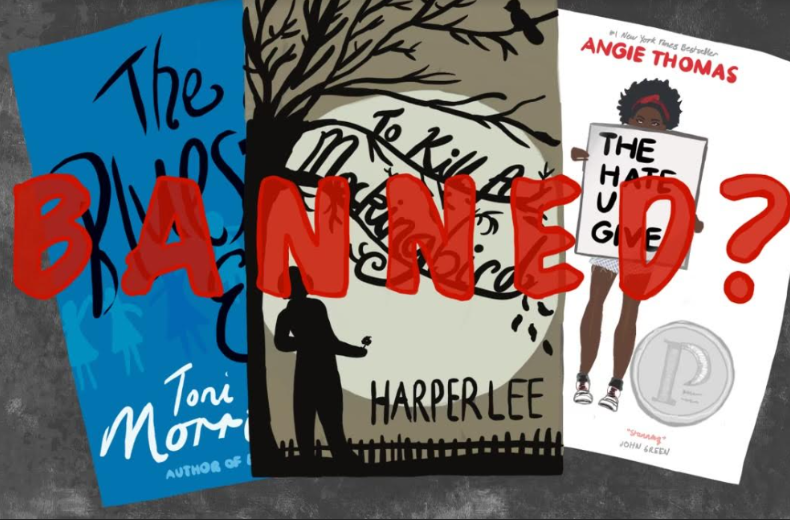
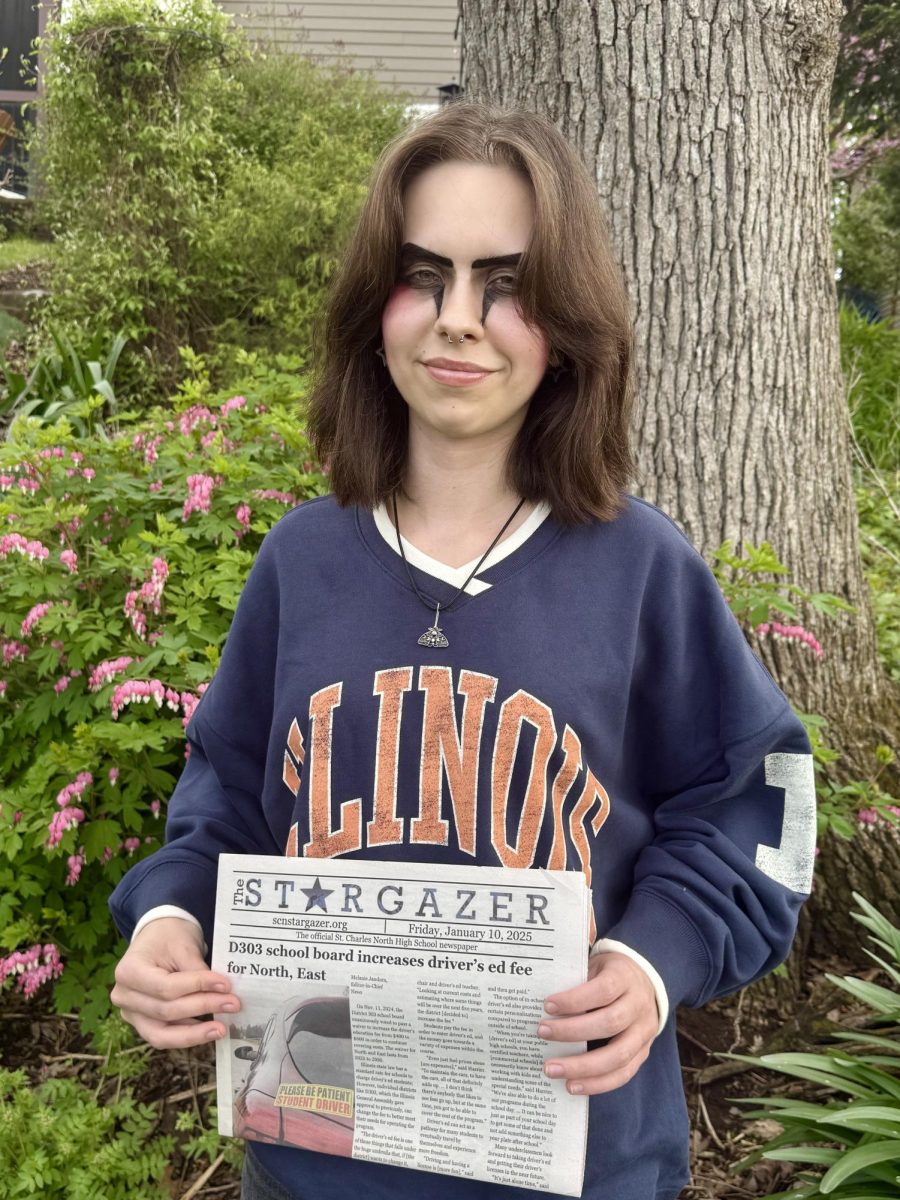
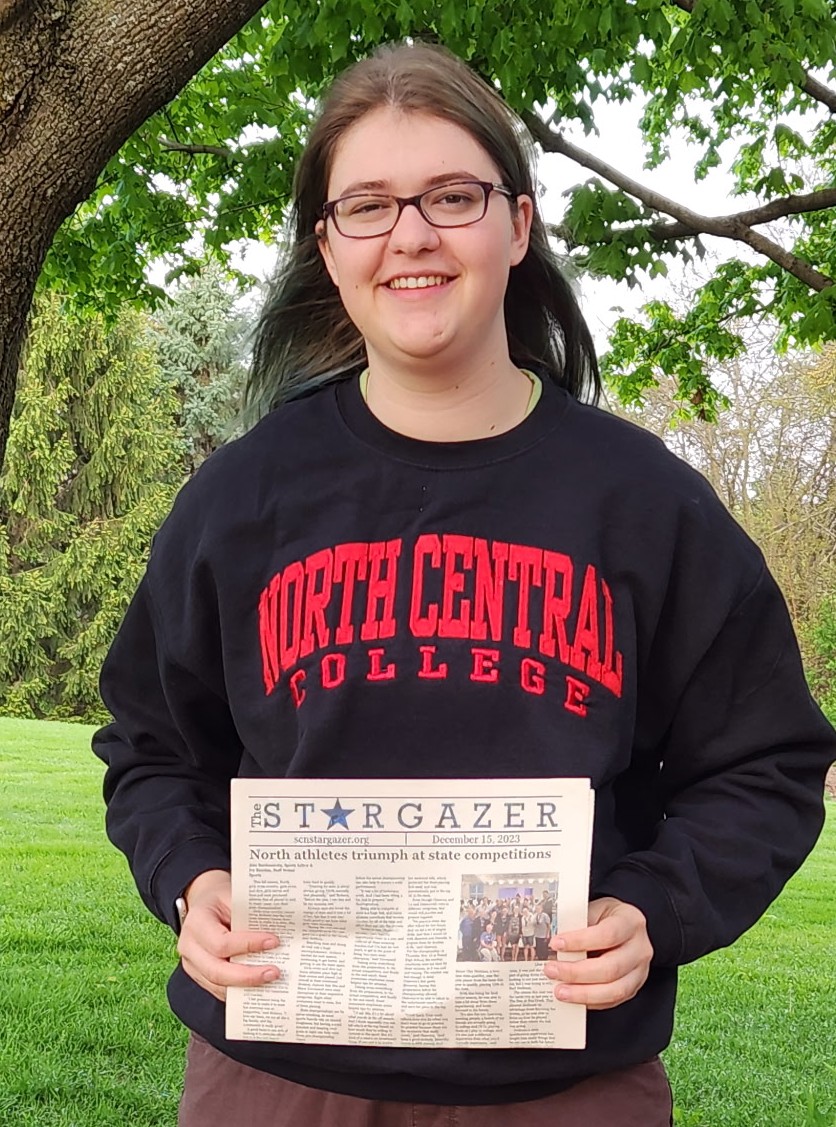
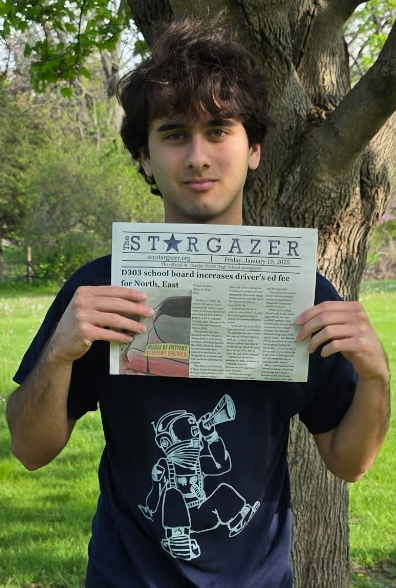
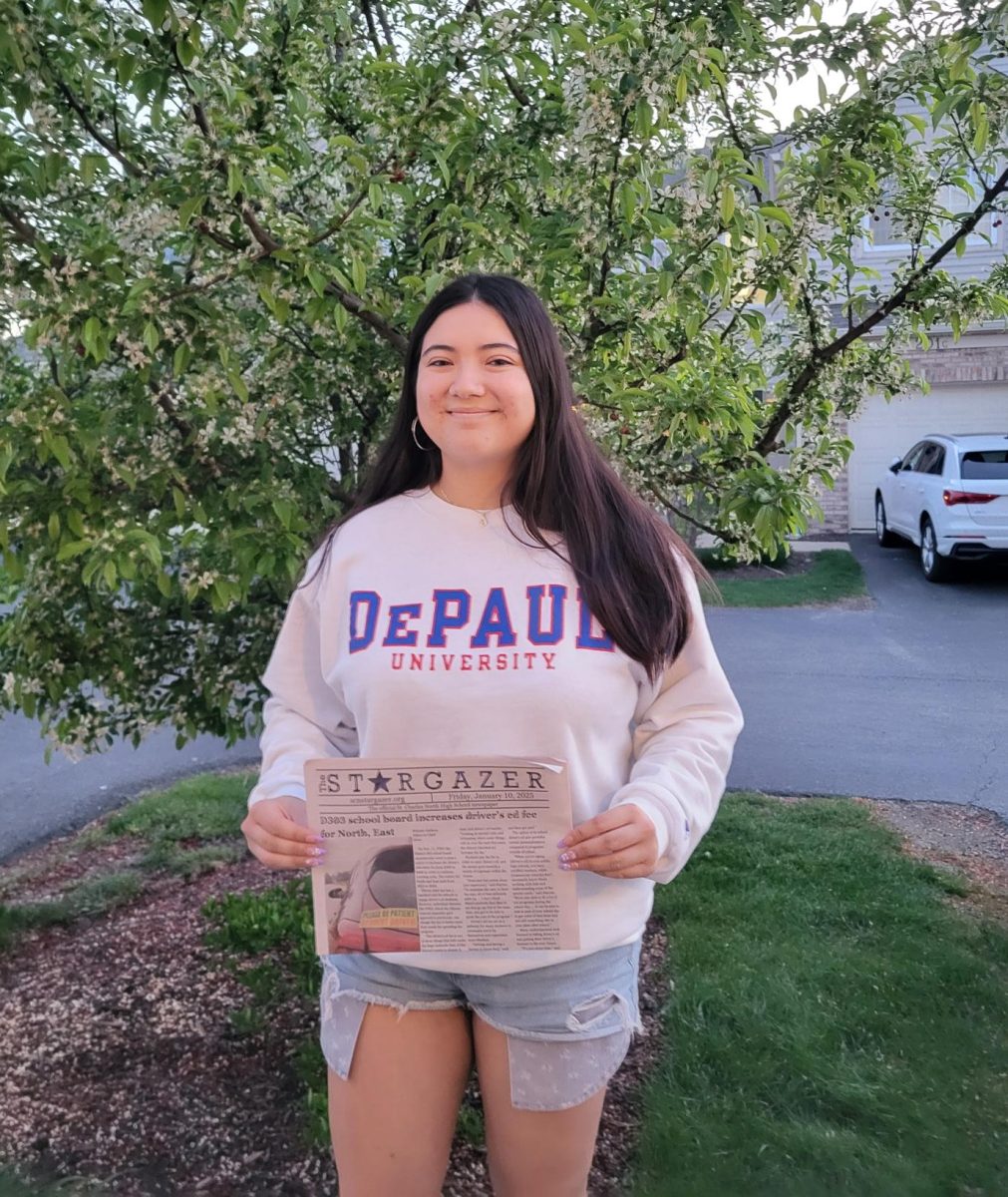

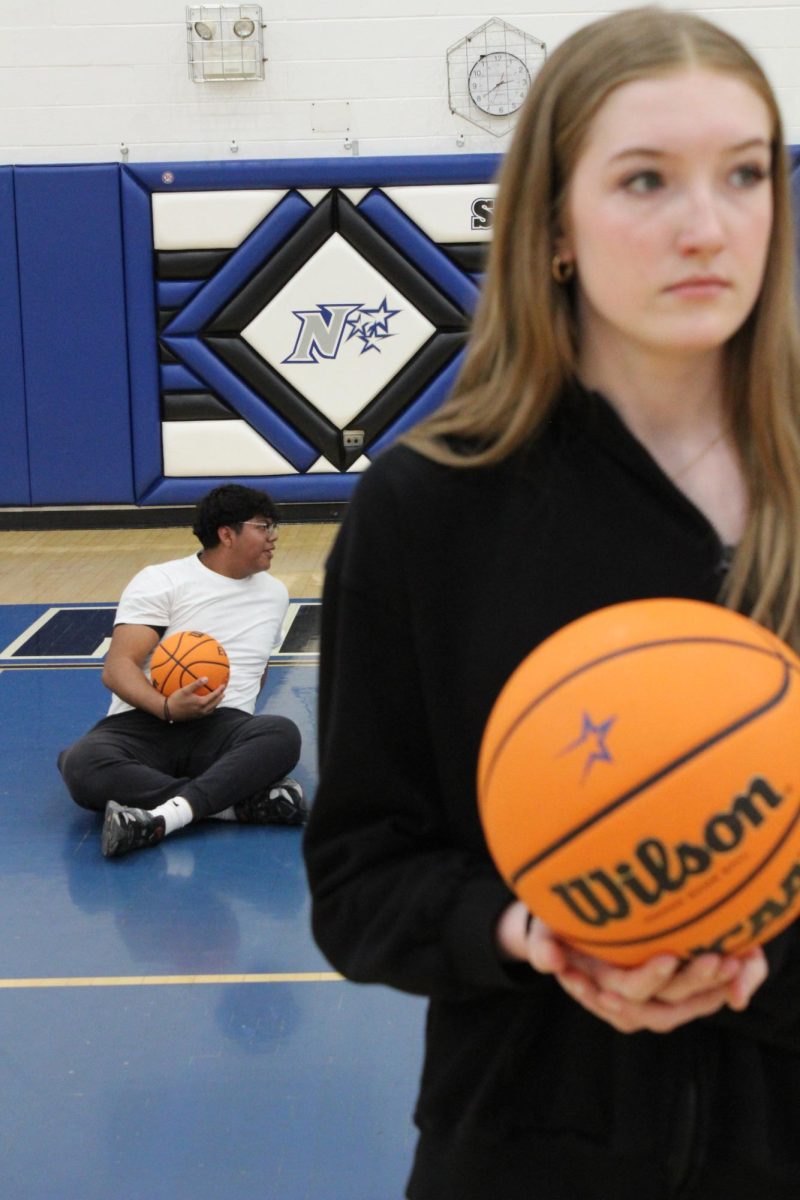


Jeanne Slinker • Mar 23, 2024 at 9:26 am
Excellent article, well written and supportive of the critical need for students to read all types of literature.